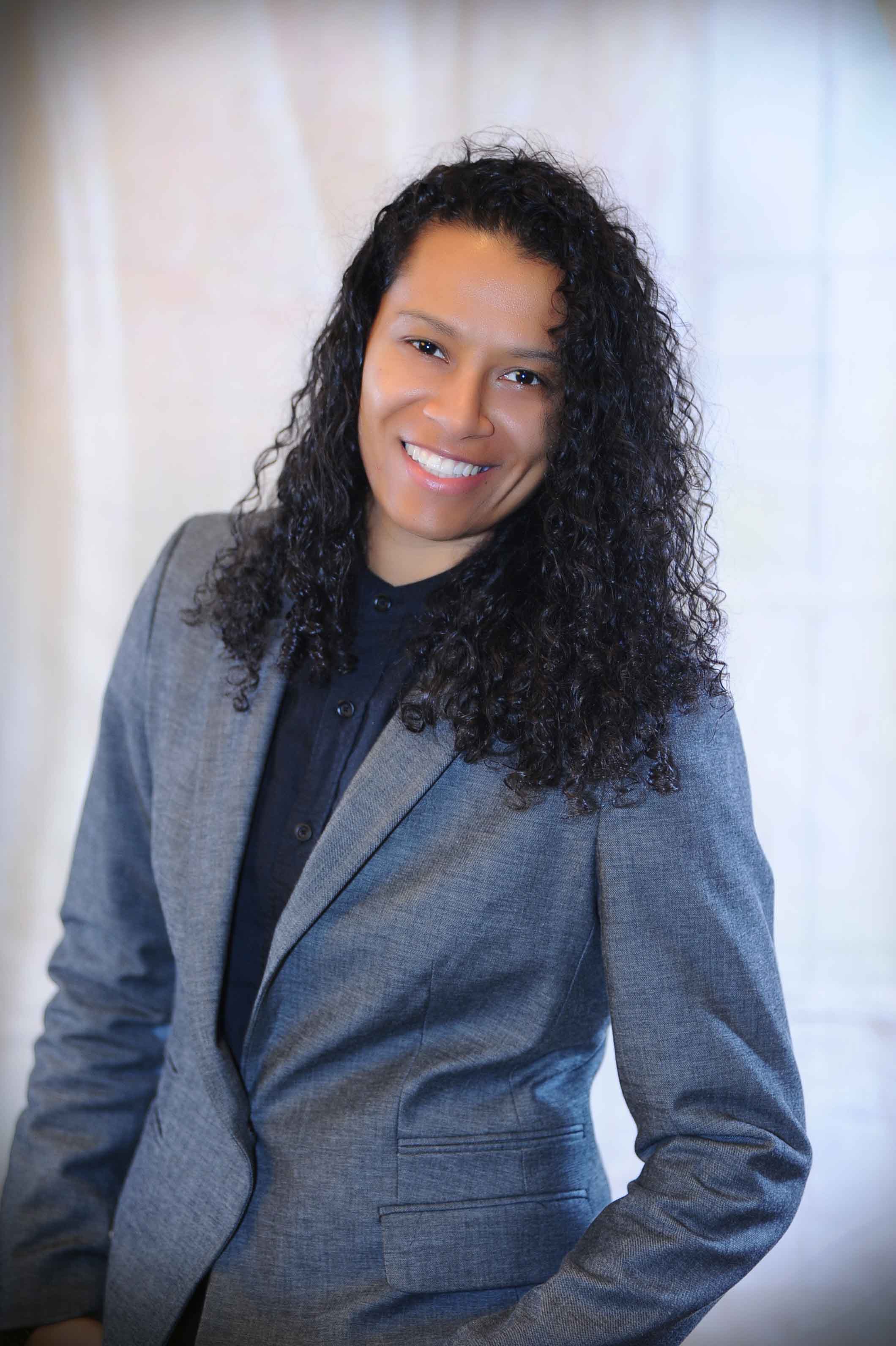In David McRaney’s You Are Not So Smart: Why You Have Too Many Friends on Facebook, Why Your Memory is Mostly Fiction, and 46 Other Ways You’re Deluding Yourself, he highlights the Wason Selection Task, an experiment conducted by psychologist Peter Wason in 1977. He presented a game of logic that should be a cinch to figure out, but less than 10 percent of participants got the correct answer. Let’s see how you’d do:
Four cards are dealt in front of you and flipped over, you see from left to right a three, an eight, a red card and a brown card. You are told that these cards have single numbers on one side and single colors on the other. Then you are told that if a card is even on one side, then it must be red on the opposite side. Which cards are necessary to flip over to prove that this rule is true?
When I first read this I automatically thought, “the eight and red card, because if the eight has red on the other side and the red has an even number on the other side then the statement was true.” Well, then I realized that I was a part of the 90% that failed to select the correct answer.
The correct answer is that you must flip over both the eight card and the brown card. Flipping over the red card is pointless because if there was an odd number on the other side it proves nothing, it does not violate the rule. If the other side of the eight card is red, you’ve confirmed the rule, but have not proven if the rule is broken. By flipping over the brown card, if it’s odd you’ve confirmed the rule, but if it’s even you have falsified the claims of the rule.
“You are naturally hindered into thinking in certain ways and not others, and the world around you is the product of dealing with these biases, not overcoming them.” –David McRaney
Just like that I fell victim to confirmation bias– the tendency to search for, interpret, favor and recall information in a way that confirms one’s preexisting beliefs or hypotheses. When I personally completed the Wason Selection Task I was on a mission to prove the rule true and I was content with seeing red on one side and even on the other, but it wasn’t even a second thought to prove the rule I was told to be incorrect. I did not make the attempt to disprove the rule, why is that? Well, because we all have the tendency and the desire to prove things we believe to be true.
“Be careful. People like to be told what they already know. Remember that. They get uncomfortable when you tell them new things. New things… well, new things aren’t what they expect… In short, what people think they want is news, but what they really crave is olds… Not news but olds, telling people that what they think they already know is true.” – Terry Pratchett
Confirmation bias can lead you to make terrible decisions because you are making decisions that confirm what you believe to be correct. This means that you look for instances that confirm your insecurities or beliefs and ignore other instances that don’t prove your insecurities or beliefs. Essentially, every single day you are making decisions based on information you concocted in your head.
Have you ever been in a situation where you felt like EVERYONE was looking at you? You were walking to the bar and wiped out as if someone had just laid down a fresh coat of Crisco on the floor. You get up in horror that everyone saw you fall, but in reality, you failed to realize the other 95 people in the room that don’t even know you exist.
Confirmation bias affects how you look at the world, how you interpret information and how you remember things. Have you ever had an argument with a friend or loved one over the details from a past story? Yes, even your memory is affected by confirmation bias.
Everyone falls victim to this, we seek information that confirms what we believe, because being wrong sucks. No one wants to be wrong. Your beliefs are a core part of your identity and it’s hard to admit that they may not be correct. Disproving these beliefs often leads to cognitive dissonance, which is a feeling of immense stress and anxiety. When this happens, it triggers a fight or flight response. Are you the type that will fight to prove your belief to be true or distance yourself from the new information (flight)?
“Our love of being right is best understood as our fear of being wrong.” – Kathryn Schulz
Want to combat confirmation bias, not make terrible, irrational decisions, and reduce the stress that it can cause? Great!
Don’t blow off people that provide opposing information to your belief. Learn to seek understanding of where the other person is coming form or be open to their information source. Seek to understand and get comfortable with people playing devil’s advocate.
View the world from the eyes of a child and get curious. Live with curiosity and not conviction that you know what is right. When you loosen up your grip on having to be right you can experience life with curiosity and wonder. Be willing to be wrong every now and then and you’ll be amazed at the insights you’ll gain.
Take time to think about the thoughts in your head. When you hear something, do you have an immediate reaction to it? Why is that? Next time you’re hearing or reading something that confirms your beliefs, pull back and actually look for ways to prove yourself wrong.
No matter what you believe, you will always be able to find someone or something to confirm those beliefs. It is up to you to not only seek truth, but to also seek information that contradicts your beliefs.
A great way to manage the stress and anxiety in your life is to practice not feeling attacked, wrong, or belittled when someone challenges your beliefs. Being wrong absolutely sucks, but being wrong and doing nothing about it is even worse.
Originally published on www.prioritizingyou.com


